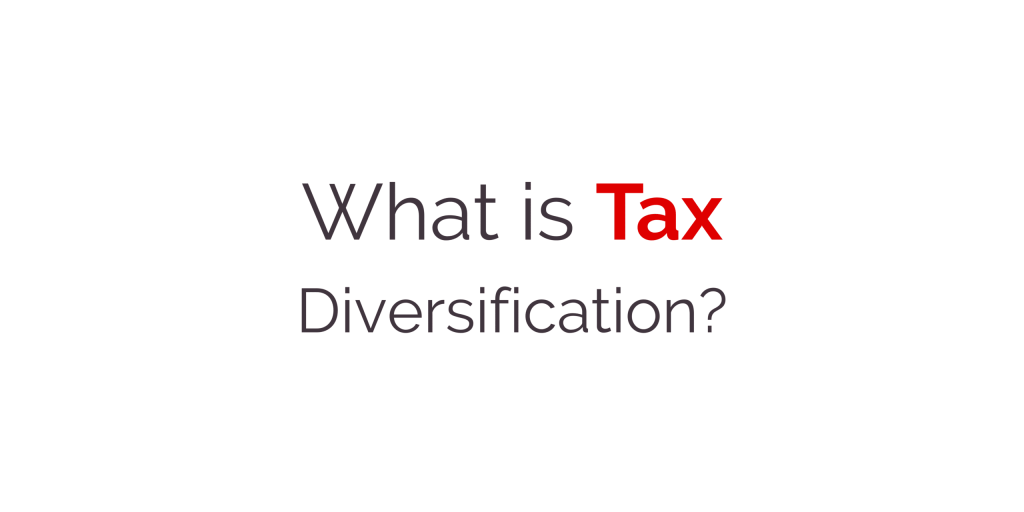Tax Diversification means having a mixture of account types from a taxability perspective. There are three types of tax status an account can fall into:
- Tax-Deferred
- Tax Free
- Taxable
A portfolio that has achieved tax diversification will have assets across these different buckets. Ultimately, the goal is to avoid being overweight any individual tax type.
This is most commonly done within the tax-deferred bucket type. Individuals will save pre-tax funds into their 401(k) with a pre-tax employer match and while they have done a tremendous job saving, they find themselves with very little tax flexibility.
By having a mixture, you can be intentional about how and when you realize taxes in retirement. This can provide for additional tax planning capabilities during the retirement tax planning window such as Roth conversions and tax gain harvesting.
Tax-Deferred Accounts
Commonly, tax-deferred accounts will be a mixture of 401(k) and Traditional IRA accounts. While the advantage of contributing to a tax-deferred account can be a tax break in the year the contribution is made, the risk of overcontributing to this account type is that RMD’s and the 10-year rule for beneficiaries will force assets to ultimately be subject to higher tax rates upon withdrawal than they would have been at the time of contribution.
Tax Free Accounts
An alternative for individuals that are on track to have too much tax-deferred money is to make contributions to tax-free Roth accounts instead. This can be done via Roth contributions to their 401(k) plan and, if possible, by making backdoor Roth and megabackdoor Roth contributions.
Additionally, contributions to a Health Savings Account gives an individual the ability to make tax deductible contributions that are tax free upon withdrawal for qualified medical expenses. For individuals saving for a child’s education, a 529 plan can be used to fund future college needs with tax free withdrawals for qualified expenses.
Taxable Accounts
While the benefit of tax-deferred and tax free account types are often touted, taxable accounts play a critical role in a tax diversified portfolio. While you do not receive tax deferral on realized gains, dividends, and interest you do gain the flexibility of accessing funds at any time for any reason. This can be helpful for liquidity purposes before the age of 59.5 that you generally have to reach before not being penalized for accessing retirement account funds.
Taxable accounts also provide for tax planning opportunities in retirement. With a large taxable portfolio, an individual can drop their income significantly after retiring and open the door for large Roth conversions. Additionally, they can potentially take advantage of 0% long term capital gains rates on income below certain thresholds.
If you’d like to have an introductory call to discuss your situation with our team click here to schedule a call.
If you’d like to sign-up for our monthly newsletter with four high-quality, financial planning focused posts per month, click here.
Disclosure: Raymond James and its advisors do not offer tax or legal advice. You should discuss any tax or legal matters with the appropriate professional. The foregoing information has been obtained from sources considered to be reliable, but we do not guarantee that it is accurate or complete, it is not a statement of all available data necessary for making an investment decision and I does not constitute a recommendation. Any opinions are those of Michael Dunham and not necessarily those of Raymond James.




